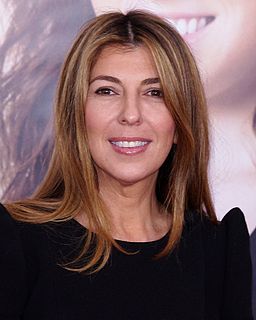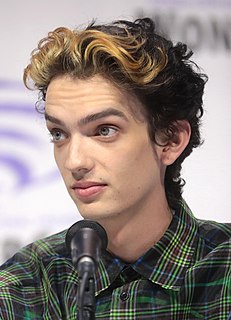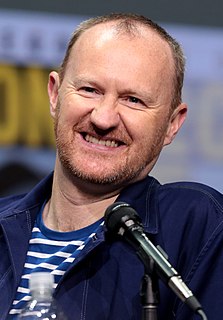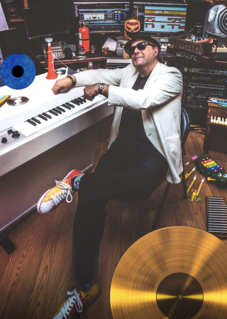A Quote by John Cho
Even though there's a lot of horror from Asia in the American cinematic tradition, I hadn't seen Asians at the center of it.
Related Quotes
American policies toward Asians reached a nadir in 1924, with the implementation of a law that sought 'to preserve the idea of American homogeneity' and denied admission to the country to most non-whites. Immigration from Asia was banned completely, with the establishment of an 'Asiatic Barred Zone.'
When you write a scene where somebody is afraid of something you instantly go to decades of genre cinema: horror, suspense, and thrillers. Those are very cinematic genres, when you shoot a close-up of someone and you can see fear in the person's face, or anticipation, or some kind of anxiety, it's a very cinematic image.
Does people not asking me about Asian American literature mean they don't see it as its own literary tradition? I certainly believe in it as its own literary tradition, because your race plays a great factor in how you are seen by the world, and how you see the world; the fact that I'm an Asian American isn't incidental to who I am as a writer. Where it becomes difficult is defining what, if anything identifiable at all, makes an Asian American book an Asian American book, other than the fact of its creator being Asian. And I'd argue that there is nothing identifiable beyond that.



































